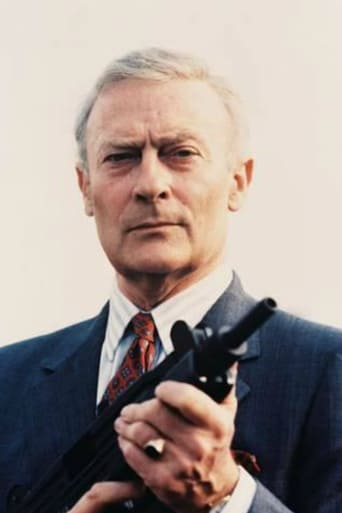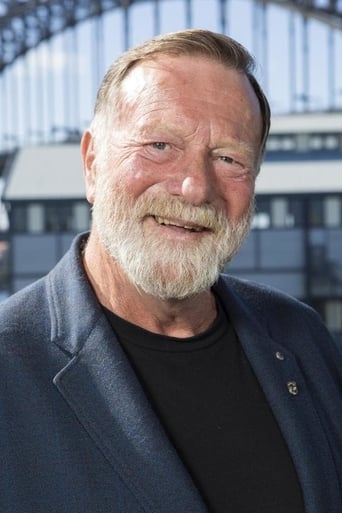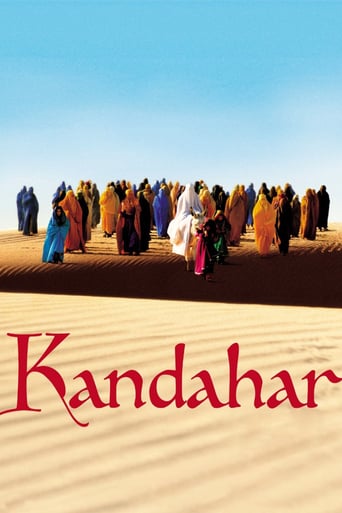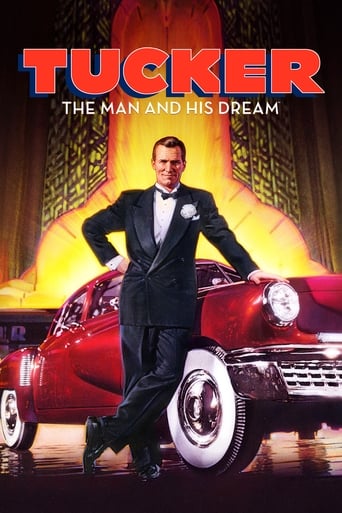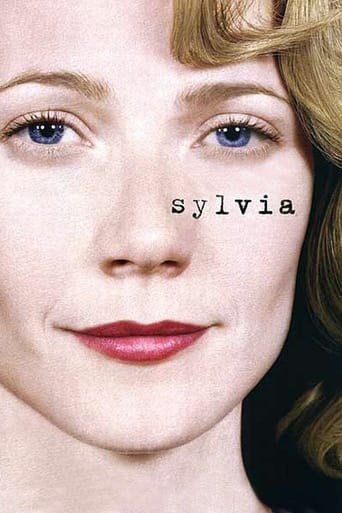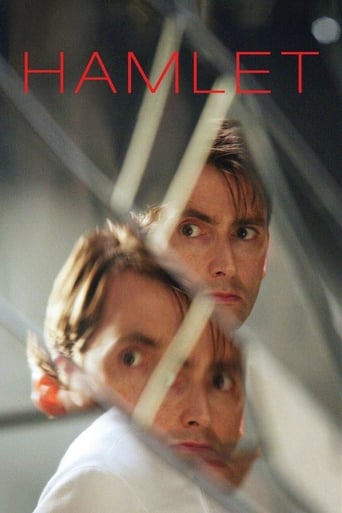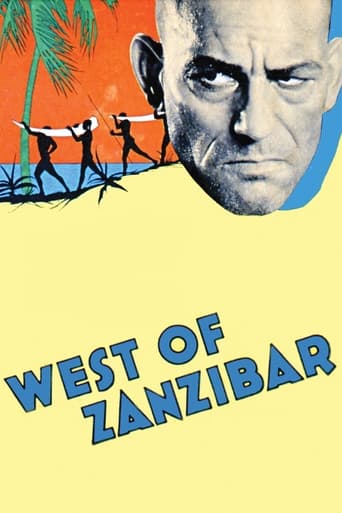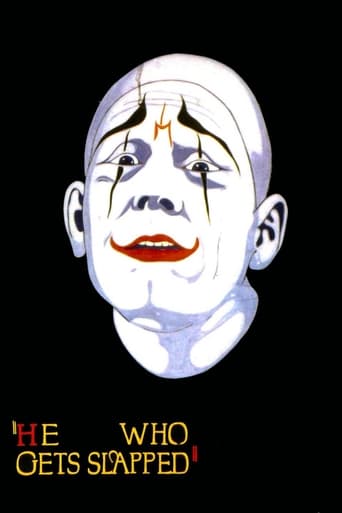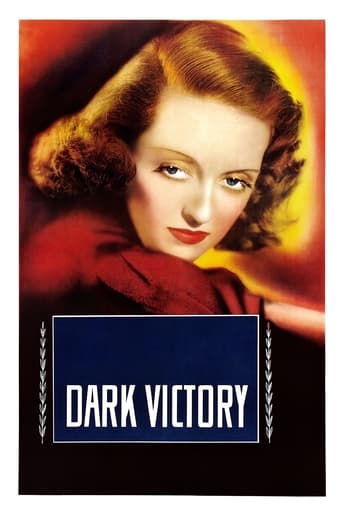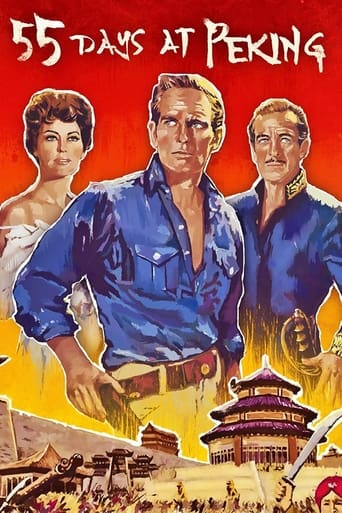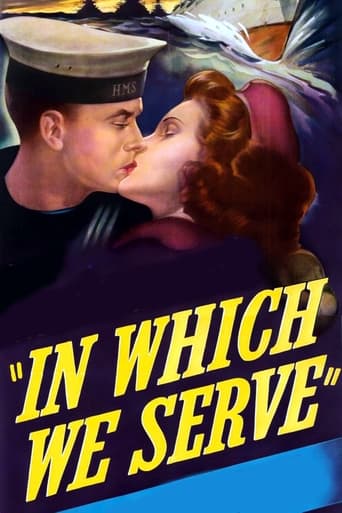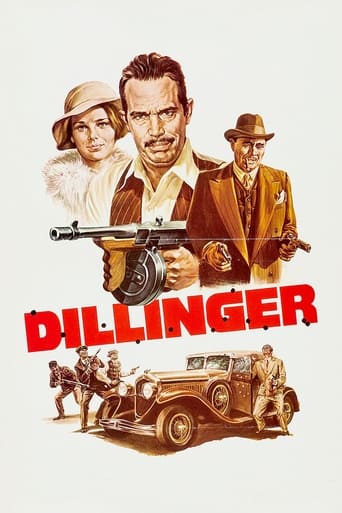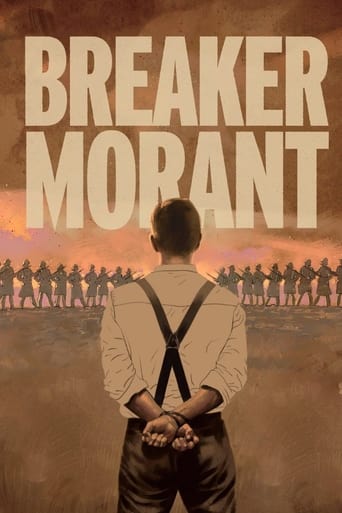
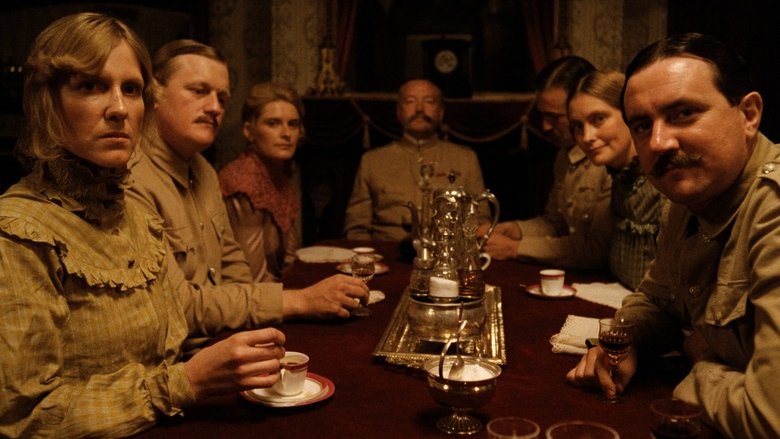
Breaker Morant (1980)
During the Boer War, three Australian lieutenants are on trial for shooting Boer prisoners. Though they acted under orders, they are being used as scapegoats by the General Staff, who hopes to distance themselves from the irregular practices of the war. The trial does not progress as smoothly as expected by the General Staff, as the defence puts up a strong fight in the courtroom.
Watch Trailer
Cast


Similar titles
Reviews
1880. The British Empire goes to war with Transvaal and Oranje, two independent republics in South Africa. Transvaal and Oranje are ruled by the Boers, descendants of Dutch settlers. The British want to colonise South Africa for the usual reasons: to acquire rich mineral deposits (specifically gold), deny other European nations the same, and to establish a staging ground to strengthen their hegemonic rule over the African continent. To this day, similar colonialist manoeuvres, largely ignored, continue across Africa.The Empire initially expects its little war to be nothing more than a colonial police action, but the Boers prove to be tough opponents. Using various guerrilla tactics, the Boer resistance manages to stretch the war out for a number of years. By 1889, over half a million British soldiers are stationed in South Africa. As news about the Empire's actions start to filter back to Britain – the British were essentially engaged in genocide, massacring civilians and setting up huge concentration camps – the British public began to raise protests. An anti-British coalition between France, Germany and Russia begins to form, ostensibly to lend humanitarian aide but really for their own Colonialist purposes.Determined to end the war as swiftly as possible, Lord Kitchener, a British Field Marshall, creates numerous "special" commando groups. These commandos are given carte blanch to rape and licentiously kill Boers. One such unit is the Bushveldt Carbineers, populated by several Australians, including Lieutenant Harry "Breaker" Morant. In total, 16000 Australians saw service along with 6500 New Zealanders.The fighting continues. Germany threatens to enter the war under the guise of protecting South African civilian populations from "the unorthodox military tactics and civilian internment programs of the British forces". In response Britain cooks up a plan to end all hostilities. They will charge Lieutenant Morant, and several others, with having committed war crimes. The gesture is meant to be seen as a "peace offering", a symbolic gesture which will end all hostilities and reconcile all nations. More importantly, it will give Germany no pretext for entering South Africa (she had been arming the Boers for over half a decade). Australia also supports the trial; the execution of these men will prove that she is a newly independent nation, a mature, modern state worthy of joining other big boy nations. Yeah right.Based on a stage-play by Kenneth Ross, Bruce Beresford's "Breaker Morant" is a legal drama centring on the trial of Morant and several of his fellow commandos. In the UK, upon release, the film was read as another bit of anti-Empire, anti-Britania bashing, then in vogue. In America it was treated as being about Vietnam (particularly the Mai Lai massacre), whilst in Australia its oft viewed as being about a poor, victimized Australia, a nation which paid a horrible price for being loyal to the British Empire. Morant is himself typically viewed as an Australian folk-hero, a brave guy scapegoated by evil Brits for "doing his duty" and who dies nobly against an exquisite sunrise.Beresford, though, is aiming to say something else. His Morant is a good guy, a poet and intellectual who is sacrificed on the altar of political expediency and who is corrupted and made monstrous by the very institution of war. The British and Australians, meanwhile, are hypocritical power brokers who execute men for crimes which the state itself sanctions. This is the chief interest of the film. Beresford isn't interested in condemning Imperialism but in chewing on the hypocrisy of an Empire which condemns soldiers for violence which it itself promotes. The Colonialist, then, has an ethical compass which points any direction but always for the same reason: to preserve Colonialism.Though at times powerful, "Breaker Morant's" overly verbose, Beresford can't escape his story's stage-play origins, all points are signposted, characters take too long to say the same things, the film's audience is always several steps ahead of a script which hermetically seals up all issues, Beresford's anti-Christianity is too heavy-handed, characters are turned into walking mouthpieces, there is little ambiguity or nuance, and Beresford's aesthetic is one of predictable shot/reverse shot patterns, which are themselves predictably "opened out" by periodic flashbacks or attempts at pseudo-monumental compositions. It's not only that the film isn't formally adventurous, but that it says all the right things in a lowbrow manner, less righteously indignant than predictably righteous.Elsewhere historical subtleties are erased. The Boers are given no voice (the ethics of killing Boers is likewise pushed aside), the fact that they were themselves apartheid-loving is ignored, Black Africans are, of course, absent and Morant and his gang are presented as underdogs (Morant was a violent racist, described by his biographer as a "con man, a cheat, a barefaced liar, the greatest male chauvinist pig of all time, an exhibitionist, racist and sadist" and who "joined the forces specifically to kill Boers"). The film's ancestors are Stanley Kubrick's "Paths of Glory" and Joseph Losey's "King and Country". Kubrick's film, machine-like, foreboding and portentous, dealt with a French state which views its subjects as ants, which sacrifices soldiers on the battlefield for meaningless lumps of dirt, and which then executes them for refusing to do the same. Like Beresford's film, soldiers exist in a twisted double bind. Losey's film, meanwhile, deals specifically with the British class system. Here, a soldier is charged for abandoning his post, is viewed with scorn by his upper class lawyer and is finally executed at the hands of the British class system; despite being an exemplary soldier in all respects, our hero is deemed disposable solely because he is not a member of the ruling classes.In 1902 the Treaty of Vereeniging was signed, adding Boer territory to yet another domain of pink on the British Imperial map.7.9/10 – Worth one viewing. See Beresford's "Tender Mercies".
Breaker Morant is probably the best movie ever made in Australia.Director Bruce Beresford does everything right (working with a small budget). All of the acting is well above average, but Edward Woodward and Jack Thompson deserve a special mention. This is yet another film about the meaninglessness and futility of war....where nothing is fair and there are no rules. What makes this so good is the way we get to know the characters..we care about them. They are only pawns in a detestable game ..Woodward as Lt. Harry "Breaker" Morant, Lewis Fitzgerald as Lt. George Witton and Bryan Brown as Lt. Peter Handcock. Its 1902 and the Boer War is grinding on. The Germans are upset about the killing of a German missionary and are threatening to enter the war (on the side of the Boers) The British top brass (under Lord Kitchener) are keen for a speedy end to the war. The sacrificing of 3 Australian soldiers seems like a small price to pay to achieve both objectives. However there is a problem....the 3 soldiers are not guilty of the "crimes" they are alleged to have committed. The kangaroo court scenes are unsettling...but brilliantly handled by Beresford. The closing speech by Thompson is truly memorable. Wars will continue to go on.....we need to be reminded of the madness, the brutality, the injustices and the pure evil of conflict. Breaker Morant is a movie that shows some of the hell--- that is war.
War as a wise man once said, is a complete succession of ration thought. Regardless of the time or place it has become a fact. Take this movie called " Breaker Morant " which has come to personify the conflict known as The Boar War and has left a bloody mess in South Africa which killed thousands is a lingering, haunting legacy. The war itself lasted from 1880 to 1902 and changed combatants from it's inception to it's eventual end. The film dutifully covers the controversial court-martial of three Australian officers and centers on weather Lt. Harry 'Breaker' Morant (Edward Woodward), Lt. Peter Handcock (Bryan Brown) and Lt. George Witton (Lewis Fitz-Gerald) were guilty of willful murder. At their court-martial they are aptly defended by Major J.F,Thomas (Jack Thompson) who despite his expert best, was a foregone conclusion by the British Government, who had predetermined their guilt. It was later admitted by unbiased authorities the men were merely scapegoats. The film is a excellent adaptation of the original stage play which has come to exemplify the martyrdom of these heroic Australians who are honored in their own country. The fine cast are superb examples of superior actors on the world stage. Easilly Recommended to anyone seeking a modern film of the Boar tragedy. ****
'Breaker' Morant is one of the finest movies I've seen in a while. Set at the beginning of the 20th century, it takes the viewer to the war between the British Empire and the Bower population in South Africa, a war that was mostly about land possession.The Bower War wasn't a conventional war. It wasn't fought between gentleman officers with rules of conduct. It was a guerrilla, hit-and-run war where the British enemies were farmers. This type of war was so unusual the British had to create a special corps to fight in it: the Bushveldt Carbineers, men who fought behind enemy lines and sometimes used unusual methods to deal with the enemy.In this movie, three soldiers are court-martialed for killing prisoners. However the court's intention is not to serve justice. In fact the three soldiers are scapegoats: for being charged with killing a German missionary, the authorities hope that with a conviction they'll appease the German government, which is favorable to the Bowers. Furthermore, by serving justice, the British want to make a good impression at a future peace conference. In other words, the soldiers are nothing means to political ends.The court is a farce and the authorities expect a quick conviction. They've rigged everything: witnesses in favor of the defendants have been sent to India, and an amateur lawyer is found to defend them. What they didn't expect is that the lawyer would give such a fine defense and slowly he dismantles the impartiality of the court to reveal the farce underneath it.The cast is very strong. There are many faces here that anyone can recognize from small roles in forgettable movies: Brian Brown (Cocktail), Jack Thompson (Midnight in the Garden of Good and Evil) – and more famous faces like Edward Woodward (The Wicker Man). And they're all impressive. I especially loved Thompson's performance as the defense lawyer, a man who initially appears silly but quickly reveals to have a sharp mind capable of dissecting all the lies and contradictions in the prosecution's arguments. Woodward was also unforgettable as Harry 'Breaker' Morant, a poet turned soldier who slowly loses his mankind during war, especially after his friend is brutally executed by the Bowers. More than anyone in the movie, he understands the new type of war being fought and changes his tactics accordingly.And then there's the screenplay, the amazing screenplay, one of the most intelligent and witty screenplays I've ever seen in a movie. Just about every line is perfect in the movie's context, the pacing is exciting, and the non-linear storytelling for once makes the movie more interesting. Each line helps give each character complexity, while also remaining very funny. This is a funny, entertaining movie, in a sort of gallows humor way. But it's also rife with interesting points about the nature of war, the politics of war and the sacrifices in the construction of an empire.Although war is practically absent from this movie, 'Breaker' Morant, in the guise of a courtroom drama, manages to speak more about war than many movies combined.


